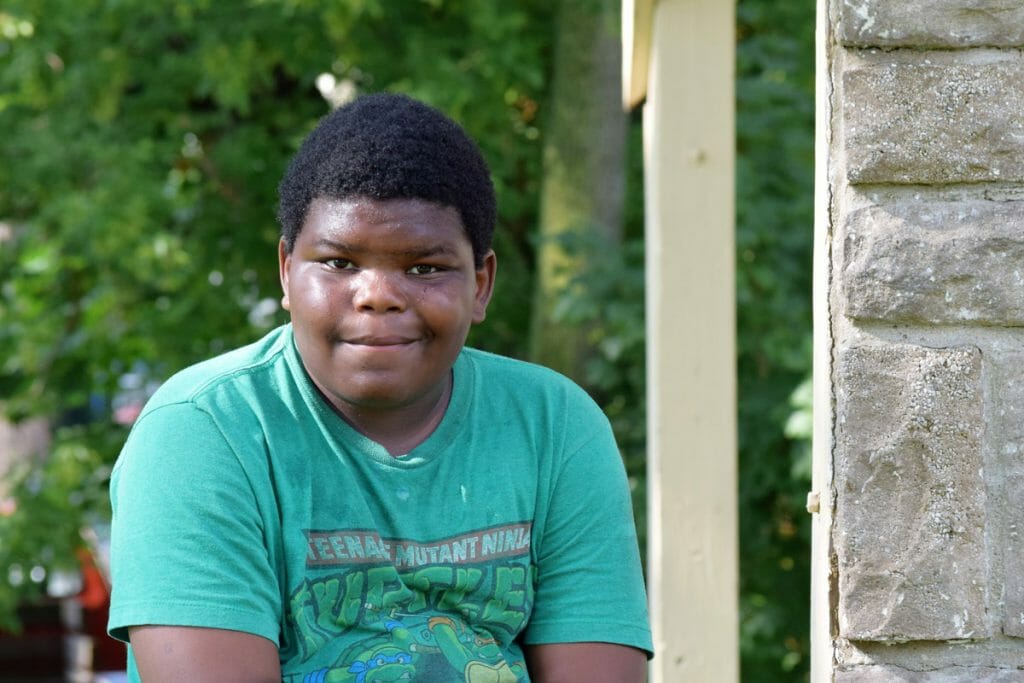Marion's Story
September 19, 2017

Marion’s Story: Making a Change
Watching Marion play basketball, talk about his favorite foods or joke around with friends, it’s difficult to see him as anything but a happy, well-adjusted 12-year-old.
That was not the case when he joined the S.T.R.E.E.T. program a year and a half ago.
“I wasn’t very good at coping with my anger,” he says. “I used to not listen to teachers.”
His foster mother heard about S.T.R.E.E.T., a year-round out-of-school program run by Community Healing Centers and funded in part by United Way as a social emotional education strategy. Marion began attending every day after school and in the summer, and little by little gained the skills he needed to be able to manage his emotions.
“They taught me what to do when I’m angry,” he said.
It’s something he has to work on every day, said Justin Montgomery, a community liaison specialist for S.T.R.E.E.T. Now, though, he has the tools – methods like meditation, counting to 10 and stopping to think about his actions.
“Marion has come a long way,” said Montgomery, who works closely with him and the other students. “I really love that he wanted to change. He didn’t know how, and that’s what I feel like this program is about: the kids that want to change, that may want better, but don’t know how. We try to help them out, give them some tools. We can’t perform any miracles, but we are personally invested. That’s what I think they feel.”
S.T.R.E.E.T. is designed to provide resources and support for high-risk teen-aged boys ages 10-17 so that they can be successful in school and in life. What that means in terms of programming can look different for each student.
Strategies can include referrals, mental health assessments, case management, a family support program, life skills sessions and substance abuse prevention services. Students are offered free transportation to and from their homes or schools, nutritious snacks and an evening meal prepared by staff, mentoring, tutoring and recreational activities. Staff members will also regularly attend school meetings and court hearings when necessary to support the students and their families.
“What I love about the staff is that we all offer something different, so it’s really seeing what each individual child needs,” Montgomery said. “It’s a different approach, and even though the kids may not understand it, they feel it.”
Willie Arnold, a youth specialist with S.T.R.E.E.T. who also works closely with the boys, remembers the first time Marion came in. He speaks with enthusiasm about how far he’s come since that day.
“To see him now … He’s respectful, he’s enjoyable,” said Arnold. “Not saying that he’s got it all together, but his ability to think about what he’s doing – his decision-making ability – that’s what’s changed.”
Learn more about United Way’s Education strategies in early childhood education, early-grade reading and social-emotional learning.
![]()
Posted in BC/Kzoo, Education, Success Stories
